Understanding psychological disorders is crucial for anyone interested in psychology or pursuing a career in mental health. Psychological disorders pertain to patterns of thoughts, feelings, or dysfunctional or distressing behaviors. This study note explores various ways to approach studying these disorders.
I. Understanding Psychological Disorders
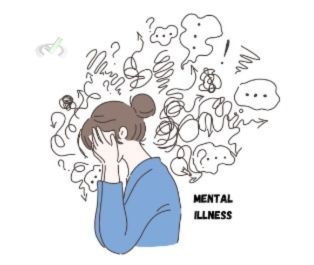
Psychological disorders, also known as mental illnesses, affect a person's thinking, feelings, and behavior. They can cause distress and impair daily functioning.
- Symptoms: These are signs of something wrong, like feeling very sad for a long time or too anxious to leave the house. Symptoms can be emotional, like feeling hopeless, physical, and constantly tired, or behavioral, like avoiding people.
- Diagnosis: This is how doctors and psychologists figure out what disorder someone has. They use manuals like the DSM (Diagnostic and Statistical Manual of Mental Disorders) and the ICD (International Classification of Diseases) to identify and diagnose symptoms. This process might include interviews, questionnaires, and other tests.
- Treatment: Treatment helps manage or reduce symptoms. It can include talking therapies (like CBT), medications, lifestyle changes, or support groups. Each person may need a different combination of treatments.
II. Biological Approach
The biological approach looks at the physical causes of psychological disorders, such as genetics and brain chemistry.
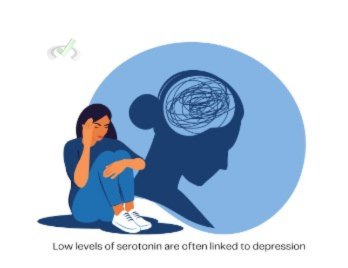
- Genetics: Some mental disorders can run in families. It means when your parents or siblings have a disorder, you might be more likely to have it, too. For example, schizophrenia and bipolar disorder often have a genetic component.
- Brain Chemistry: Our brains use chemicals called neurotransmitters to communicate. Sometimes, the levels of these chemicals can be off balance, leading to disorders. For example, low levels of serotonin are often linked to depression.
- Brain Structure: Differences in the structure or function of certain brain areas can also be linked to disorders. For example, people with PTSD might have changes in their brain’s structure, especially in areas that deal with stress and memory.
Biological Treatments
- Medication: Medications can help balance brain chemicals. For example, antidepressants like SSRIs help increase serotonin levels. Antipsychotics can help manage symptoms of schizophrenia.
- Brain Stimulation: This includes treatments like electroconvulsive therapy (ECT) and transcranial magnetic stimulation (TMS). These treatments can help reset brain activity and are often used when other treatments haven't worked.
III. Psychological Approach
The psychological approach focuses on how thoughts, feelings, and behaviors contribute to psychological disorders.
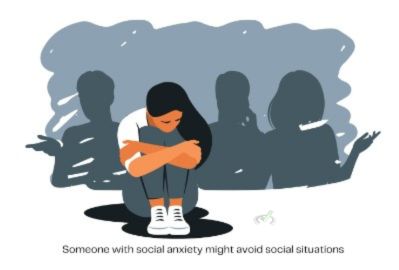
- Cognitive Factors: This involves how people think. Sometimes, negative thinking patterns, like always expecting the worst (catastrophizing), can lead to disorders like depression or anxiety.
- Behavioral Factors: This looks at behaviors and how they can reinforce disorders. For example, someone with social anxiety might avoid social situations. This avoidance can make the anxiety worse because they never get to practice being around people.
- Emotional Regulation: Some people have trouble managing their emotions. This can lead to intense feelings that are hard to control. For example, a person with borderline personality disorder might have intense mood swings.
Psychological Treatments
- Cognitive Behavioral Therapy (CBT): CBT helps people identify and change negative thought patterns and behaviors. It is helpful for many disorders, including anxiety and depression.
- Psychodynamic Therapy: This therapy explores how past experiences and unconscious thoughts affect current behavior. It helps people understand the leading causes of the distress they’re experiencing.
- Exposure Therapy: This is used especially for anxiety disorders. It involves gradually exposing people to the things they fear. This helps them manage their anxiety in those situations.
IV. Sociocultural Approach
The sociocultural approach examines how a person’s culture, society, and family affect their mental health.

- Cultural Norms: Different cultures understand and express mental illness differently. For example, in some cultures, people may express depression through physical symptoms like headaches rather than emotional symptoms like sadness.
- Socioeconomic Status: This means a person’s economic and social position. People with less money or lower social status might experience more stress and have less access to mental health care. This can make mental health problems worse.
- Family Dynamics: How a family interacts can significantly affect mental health. Supportive families can help with recovery, while family conflicts or lack of support can make things harder.
Sociocultural Treatments
- Family Therapy: This involves the whole family and helps improve communication and support. It's especially useful for disorders like eating disorders or schizophrenia.
- Community Programs: These offer support and resources, like counseling and education, for people with mental health issues. They can also help reduce stigma and improve understanding of mental health in the community.
V. Bridge/Overlap
Understanding psychological disorders involves knowledge from various fields. This knowledge is useful in healthcare, education, and social work.
Neuroscience
Neuroscience studies the brain and nervous system. It helps us understand how brain structures and chemicals affect behavior and emotions. This is important for developing treatments like medications and therapies.
Pharmacology
Pharmacology is the study of drugs and their effects on the body. It is crucial to create medications that can help treat psychological disorders. This includes understanding how drugs work, their side effects, and the best ways to use them.
Public Health
Public health focuses on community health. It includes preventing diseases and promoting good health practices. Public health efforts in mental health involve raising mental awareness, reducing stigma, and improving access to care.
Education
Teachers and school counselors can use their knowledge of psychological disorders to support students. This might involve recognizing signs of mental health issues and providing support or referrals to specialists.
Social Work
Social workers help people manage everyday life, including those with mental health issues. They can connect clients with resources, provide counseling, and support them in accessing healthcare and other services.
VI. Wrap Up/Key Terms
Let's summarize the key points:
- Psychological Disorders: Conditions that affect thinking, feeling, and behavior.
- Biological Approach: Focuses on genetics, brain chemicals, and brain structure.
- Psychological Approach: Looks at thoughts, behaviors, and emotions.
- Sociocultural Approach: Considers the role of culture, society, and family.
- Neuroscience, Pharmacology, Public Health, Education, and Social Work: Fields that intersect with the study of psychological disorders.
VII. Practice
Test your understanding with these questions:
Sample Practice Question 1
What is a standard treatment method used in the psychological approach to mental disorders?
A. Medication
B. Cognitive Behavioral Therapy (CBT)
C. Family Therapy
D. Exposure Therapy
Ans. B
CBT helps change negative thought patterns and behaviors, a key focus of the psychological approach.
Sample Practice Question 2
Which approach considers the role of cultural norms in mental health?
A. Biological Approach
B. Psychological Approach
C. Sociocultural Approach
D. Neuroscience
Ans. C
The sociocultural approach examines how culture, society, and family influence mental health and the expression of symptoms.

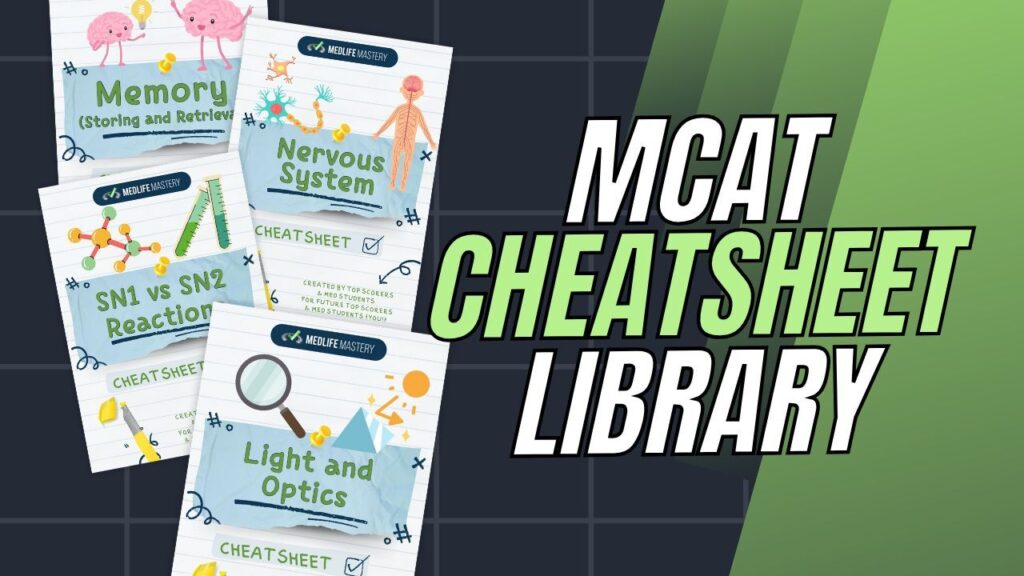



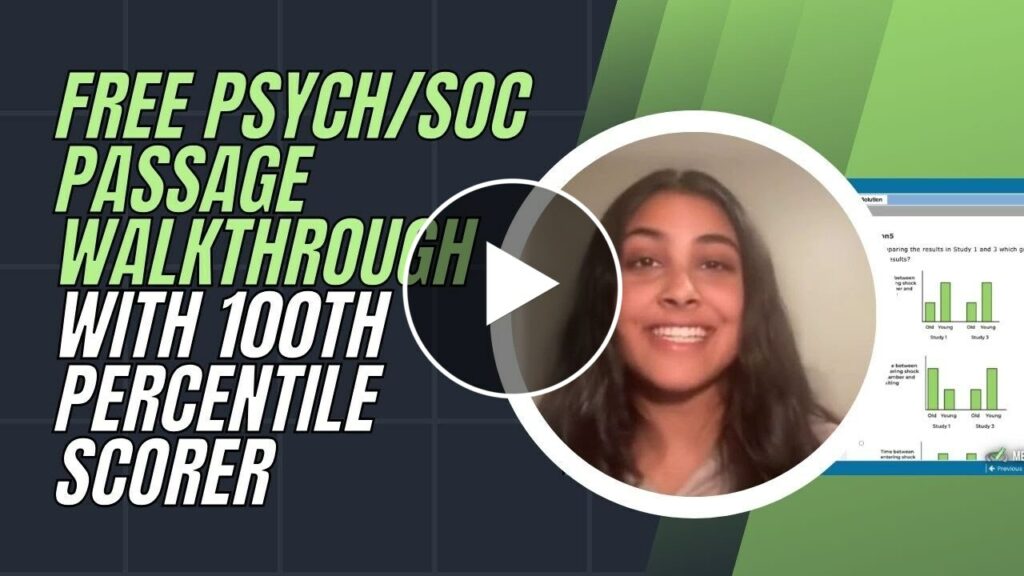

 To help you achieve your goal MCAT score, we take turns hosting these
To help you achieve your goal MCAT score, we take turns hosting these 
